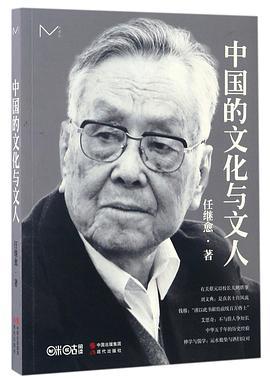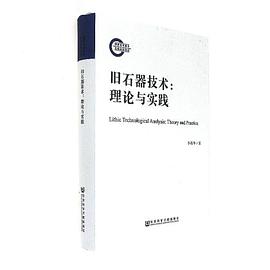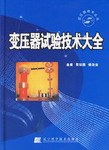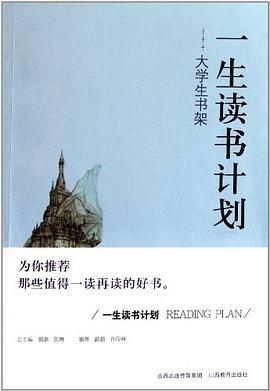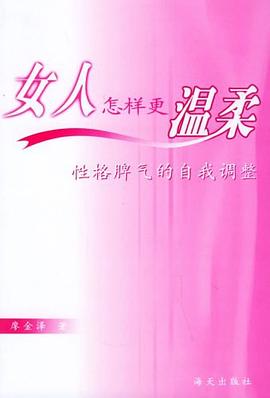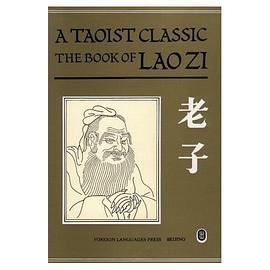

具体描述
The Taoist Classic, the Book of Lao Zi also known as Dao De Jing (The Way and Its Virtue), is said to have been written by Lao Zi in the late Spring and Autumn Period (770-476 B.C.). The book contains a wealth of dialectic thinking. It interprets the changes of all things in the universe with its Tao (the Way). It advocates contentment with the existing status quo and holding few desires and 'a return of human society to the primeval state characterized by a small nation and a sparse population. The philosophy propounded in The Book of Lao Zi occupies an important position in the history of Chinese thought, for it has influenced Chinese philosophers of the succeeding periods to varying degrees. Since the Han Dynasty, well over a thousand scholars have made annotations to the work, which is very unusual for ancient Chinese books. The book consists of eighty-one chapters, each of which is preceded by a synopsis of its content, and an index of themes.
作者简介
Ren Jiyu (born 1916)
A graduate of the Beijing University Philosophy Department Liberal Arts Research Institute, Ren Jiyu has served as a professor at Beijing University, a research fellow at the Chinese Academy of Sciences World Religions Research Institute and as a teacher at the Chinese Academy of Sciences Graduate School over the course of a long and distinguished career. For decades absorbed in the study of Buddhism, Confucianism and Taoism, Ren is the author of a number of works on Chinese philosophy and religion including The History of Chinese Philosophy (in 4 volumes) and Collected Essays on Chinese Buddhism, and the chief editor of The History of Chinese Taoism, The History of Chinese Buddhism (in 8 volumes), A History of the Development of Chinese Philosophy (in 7 volumes), A Dictionary of Religion and Zhong Hua Da Zang Jing: The Complete Buddhist Canon (Chinese edition, 45 volumes published out of a planned 200-volume set).
目录信息
读后感
《道德经》书评 ———— Daisy 老子认为大“道”是万物的根,是无穷无尽的。万物也是相生相克的,因为相生相克,万物本身就能达到一种平衡的状态。所以才“无为”,因为万物按照“道”本身解决问题。 所以,世上有圣人,这些小“道”不要乱作为,去...
评分在豆瓣开了一个专栏,主要写投资与自我管理方面,欢迎关注:http://read.douban.com/column/93927/ 道德经的八十一章不光是思想有反复(关于"道"的崇高性,反复陈说),重申,连词句也有反复.估计1书不是一天写成2.作者在写的时候,是第一次将自己的想法书写下来,所以不时会发现前...
评分读了两天《道德经》和一些后人的注释理解。心中有很多很多想法。体会到很多以前从没有过的感受。思维激烈碰撞,感觉有一股清净之气游走在身体的四肢百脉,奇妙之处无法为外人道(我确定我不是开玩笑的,也从来从来没有读过修真小说)。 后来洗碗的时候看见水,突然想到,水不...
评分今年暑假里读完了包括《老子》在内的不少书,但我感觉若只读书很快就会遗忘,所以决定今后读书尽量写下感悟或总结,也不枉我阅读时耗费的精力。 我除了这本老子没有看过其他的研究论文或注解书,仅就文本说出理解,若有言之不妥或理解错误之处,还请不吝赐教。 老子在书中所解...
评分在豆瓣开了一个专栏,主要写投资与自我管理方面,欢迎关注:http://read.douban.com/column/93927/ 道德经的八十一章不光是思想有反复(关于"道"的崇高性,反复陈说),重申,连词句也有反复.估计1书不是一天写成2.作者在写的时候,是第一次将自己的想法书写下来,所以不时会发现前...
用户评价
相关图书
本站所有内容均为互联网搜索引擎提供的公开搜索信息,本站不存储任何数据与内容,任何内容与数据均与本站无关,如有需要请联系相关搜索引擎包括但不限于百度,google,bing,sogou 等
© 2025 book.quotespace.org All Rights Reserved. 小美书屋 版权所有

